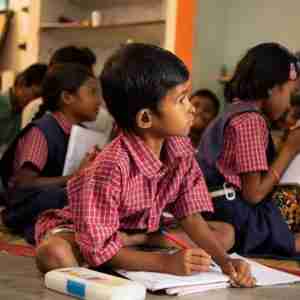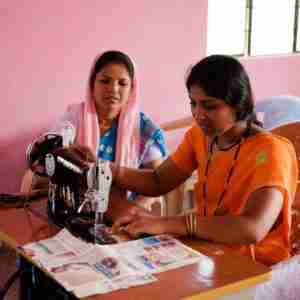Generational Poverty
What is generational poverty? It’s a treacherous cycle that goes on for generations. When poverty continues for more than two generations in the same family, this cycle has been initiated.
Those who grow up in poverty are more likely to bring poverty into their adulthood. Their parents typically don’t have the resources to help them succeed educationally, and often parents struggle to meet their children’s daily needs. Unless something happens to interrupt the cycle and effects of generational poverty, it will persist as a generational poverty mindset. Here’s more information on a generational poverty definition.
When families are equipped with educational opportunities, effective skills, resources and a new mindset, they can break this cycle. Here are four proven ways to break this cycle of poverty:
Providing Education
When children and teens are denied educational opportunities, there is an avalanche of negative impacts. Why are they missing school? There are numerous reasons, but often it is that the parents didn’t receive an education and don’t consider it important. Even in areas where school is provided free for children, they often need uniforms, books, and other supplies. When parents can’t afford these supplies, the children stay home or are sent to work to bring income to the family. By providing the uniforms and supplies needed for school, great strides can be made to break the cycle of poverty.
Education levels the playing field, giving all children the privilege of knowledge, the ability to read, and the opportunity to develop social skills. When kids learn, they develop the foundation for a successful life.
GFA is committed to helping children attend school. Our child sponsorship program helps tens of thousands of children with educational needs so they can one day get a good job and afford sufficient food, decent clothing, medical supplies and other necessities of life for themselves and for their families.
Equipping with Skills
Learning vocational skills creates a lifeline out of the cycle of poverty. When a child, teen or adult learns skills like sewing, tailoring, candle-making, basket-making or farming, just to name a few, they have a way to provide income for their families.
For children, knowledge gives them hope for having income-generating skills as an adult too. They know they have the skills needed to hold a steady job and begin a career once they are old enough.
Vocational education also offers adults, especially women, a sense of dignity because of the opportunities it provides for them to earn an income. These skills can lead to practical financial stability.
GFA workers are actively organizing vocational training classes that make it possible to learn a new trade and succeed. For example, through a six-month tailoring course, women learn how to sew blouses, trousers, undergarments and many other practical items they can sell to provide a healthy income for their families.
Click here, to read more about this article.
Click here, to read more blogs in Gospel for Asia.Com


Comments
Post a Comment